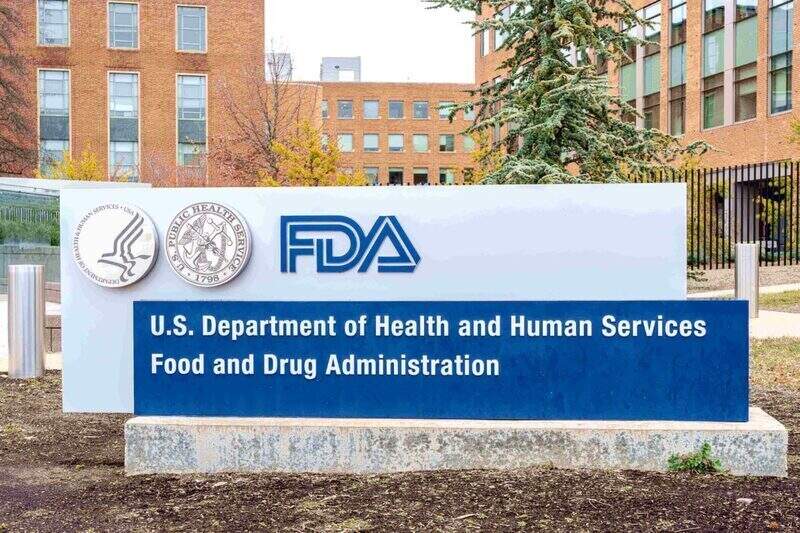-
- Market Research
- |
- CBD Near Me
- |
- Giveaways
- |
- Newsletter
- |
- Contact
- |
- Advertise
- |

The health and wellness industry in Canada is pushing Health Canada, the governmental department responsible for Canada’s public health, to classify cannabidiol (CBD) as a health supplement. The call comes from the Canadian Health Food Association, which is concerned about the lack of labeling and information on CBD products being sold in marijuana dispensaries. If Health Canada was to reclassify CBD from a drug to a health supplement, it could influence America’s federal health agency to follow suit eventually.
Canada May Classify CBD as a Health Supplement
The Canadian Health Food Association (CHFA) is calling for Health Canada, Canada’s governmental agency responsible for public health, to classify cannabidiol (CBD) as a natural health supplement.
Currently, CBD is considered a prescription drug.
Both the president and director of policy for the CHFA, a trade association that promotes and protects the natural health and organic products industries in Canada, have recently spoken out in support of making CBD synonymous with vitamins and other health products.
The concern from the CHFA is that CBD products being sold in marijuana dispensaries do not contain the health information or warnings they should.
However, if considered a health supplement, they would have to include this information in accordance with the law.
Health Canada is wary of changing their stance since the department does not believe enough research is currently available to reclassify CBD.
What would be the effects of classifying CBD as a health supplement?
If CBD were to be classified as a health supplement, it would be subject to strict regulatory standards and testing to ensure businesses utilize the proper operations to produce products containing CBD.
These regulations would help protect consumers from questionable suppliers who intend to make a quick profit instead of a quality product.
Reclassification of CBD would also give consumers much broader access to the substance.
CBD products would likely show up in supermarkets and drugstores, aside from the dispensaries that currently sell them.
What is the path to CBD becoming a health supplement?
According to Adam Gibson, CHFA’s director of policy, “You have to provide evidence of safety, efficacy—it has to do what it says it does—and quality before it’s approved,” said Gibson.
The safety of CBD should be easily verified, as it has already been supported by prominent organizations, such as the World Health Organization (WHO).
WHO released a critical review of CBD in June 2018, stating that “CBD exhibits no effects indicative of any abuse or dependence potential” and “CBD is generally well tolerated with a good safety profile.”
The more serious problem is the lack of clinical evidence about CBD’s effectiveness for specific conditions.
CBD is only clinically recognized to treat epilepsy, which led to the approval of the first CBD-based medication (Epidiolex) in the United States by the FDA also in June 2018, about three weeks after the WHO report was released.
Health Canada also says information about effective CBD dosing limits would help the agency decide if CBD should be a non-prescription substance.
Thankfully, now that cannabis has become fully legal in Canada and hemp is legal in the US, more high-quality, clinical research can be conducted.
Will this change the FDA’s stance on CBD?
If Health Canada were to eventually consider CBD as a non-prescription substance, it is possible that the FDA would do the same.
Now that hemp enjoys full federal legalization in the United States, things seem to be moving in the right direction for CBD.
However, much like Health Canada has lots of testing and research to do before it considers CBD a health supplement, the FDA will have to do the same.
In the meantime, the FDA is currently drafting a regulatory framework for the marketing and sale of CBD products.
“We recognize the potential opportunities that cannabis or cannabis-derived compounds could offer and acknowledge the significant interest in these possibilities,” said Scott Gottlieb, the FDA Commissioner. “We’re committed to pursuing an efficient regulatory framework for allowing product developers that meet the requirements under our authorities to lawfully market these types of products.”
Looking for great value on CBD? Then check out our latest CBDistillery discount code!







